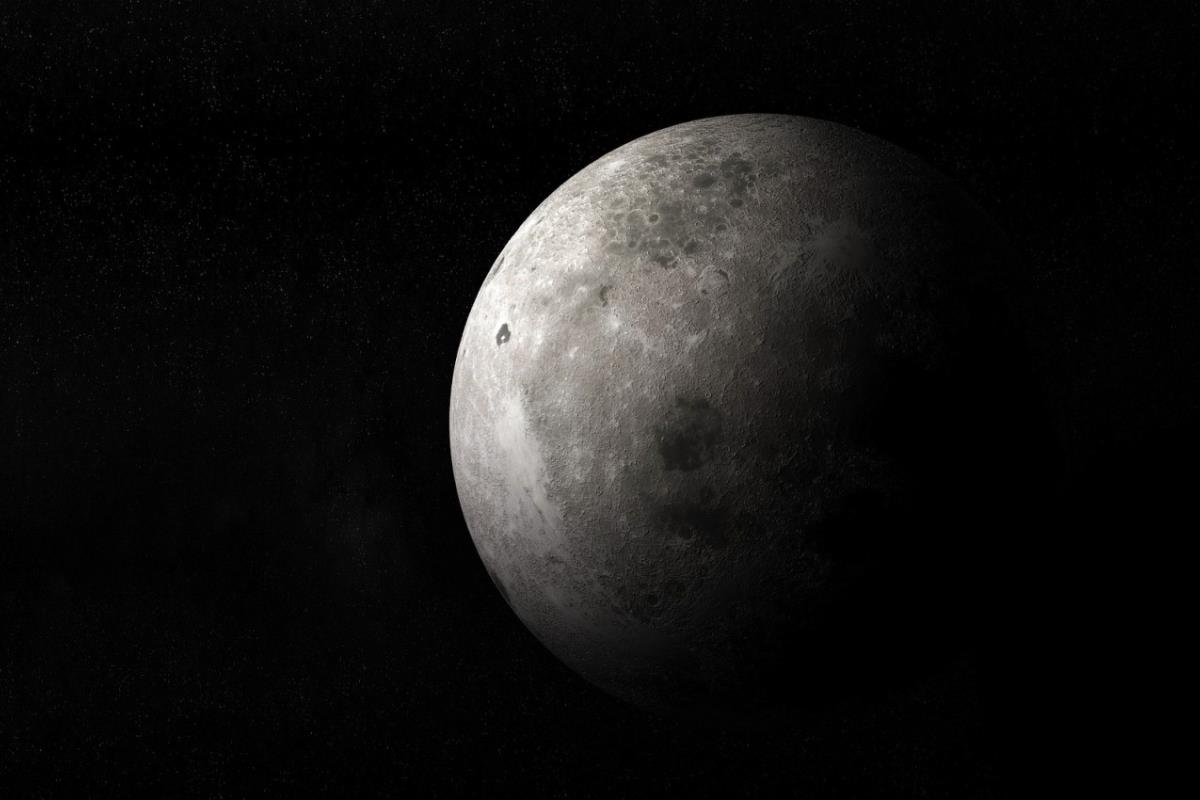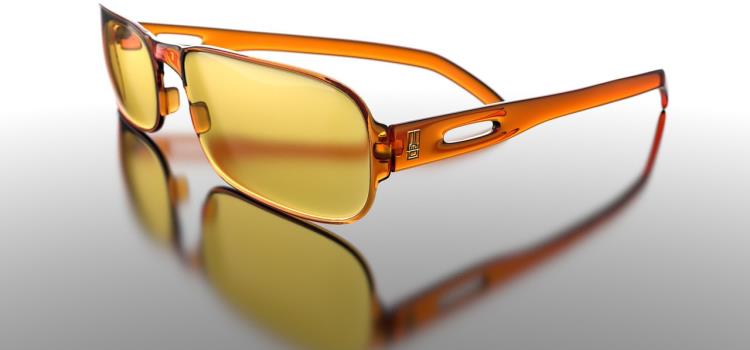
In the ever-evolving landscape of technological advancements, our eyes are constantly exposed to a barrage of digital screens emitting blue light. To address the potential strain caused by this modern phenomenon, blue-light filtering lenses emerged as a popular solution. These lenses, often touted as the saviours of our eyesight, promised to alleviate eye strain, enhance sleep quality, and protect the delicate retinas. However, a recent comprehensive study has thrown a curveball into this narrative, suggesting that these lenses might not be the miraculous solution we once believed them to be.
Blue-light filtering lenses, also known as blue-light blocking spectacles, have been growing in popularity since the early 2000s. Advocates claimed that these lenses could mitigate the discomfort associated with prolonged computer use, shield the retina from harm, and even improve sleep quality. But the findings of this new study challenge these assertions, causing us to re-evaluate the efficacy of these lenses.
The study, led by researchers at the University of Melbourne in collaboration with colleagues from University of London and Monash University, delved deep into the realm of blue-light filtering lenses. The researchers meticulously analysed data from 17 studies conducted across six countries, encompassing a range of individual study sizes from just five to 156 participants. The duration of these studies spanned from less than a day to five weeks, offering a comprehensive overview of the effects of blue-light filtering lenses over varying time frames.
The senior author of the review, Associate Professor Laura Downie from the University of Melbourne, emphasises, "We found there may be no short-term advantages with using blue-light filtering spectacle lenses to reduce visual fatigue associated with computer use, compared to non-blue-light filtering lenses. It is also currently unclear whether these lenses affect vision quality or sleep-related outcomes, and no conclusions could be drawn about any potential effects on retinal health in the longer term."
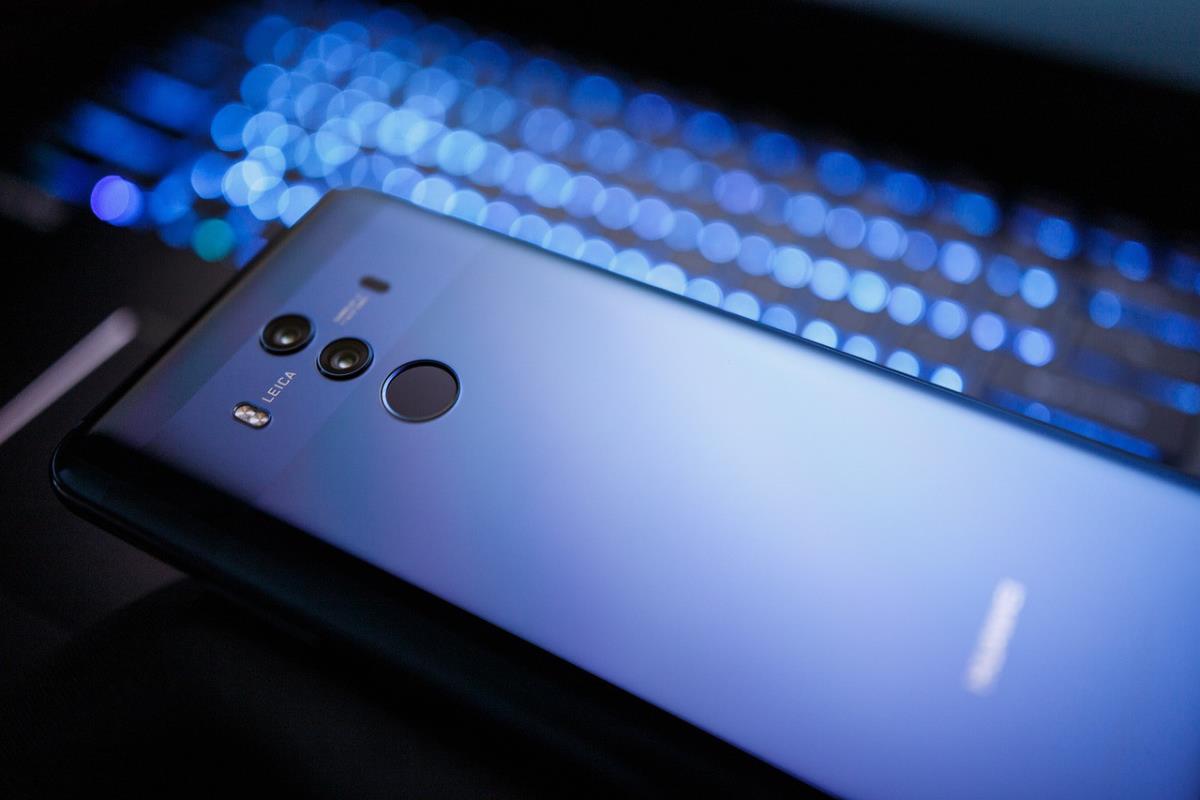
While these findings might come as a surprise, the researchers urge caution in interpreting the results. The quality and duration of the studies under scrutiny need to be carefully considered. Dr. Sumeer Singh, the first author of the review, points out, "High-quality, large clinical research studies with longer follow-up in more diverse populations are still required to ascertain more clearly the potential effects of blue-light filtering spectacle lenses on visual performance, sleep, and eye health."
But how did blue-light filtering lenses become such a prominent solution in the first place? The researchers offer a potential explanation. With the advent of digital devices like computers and smartphones, the amount of blue light emitted has surged, and these devices are used for extended periods, even late into the night. This has led to claims that blue-light filtering lenses could mitigate the consequences of this prolonged exposure.
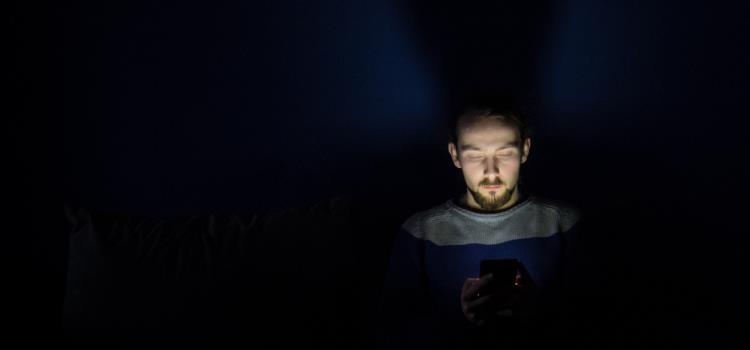
Dr. Singh explains, "The amount of blue light our eyes receive from artificial sources, such as computer screens, is about a thousandth of what we get from natural daylight. It's also worth bearing in mind that blue-light filtering lenses typically filter out about 10-25% of blue light, depending on the specific product. Filtering out higher levels of blue light would require the lenses to have an obvious amber tint, which would have a substantial effect on colour perception."
Intriguingly, the study did not uncover consistent adverse effects associated with using blue-light filtering lenses. While some mild discomfort, headaches, and lower mood were reported, these effects were often temporary and not unique to blue-light filtering lenses; they were also observed with non-blue-light filtering lenses. This suggests that any adverse effects might be linked more to the act of wearing glasses in general than to the specific filtering properties of the lenses.
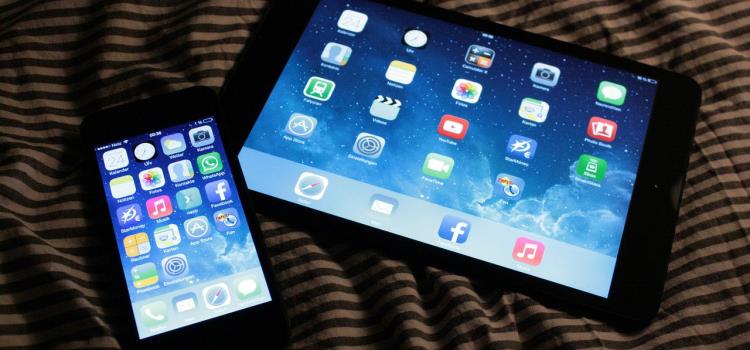
As Professor Russell Foster, an expert in circadian neuroscience at the University of Oxford, notes, "Although the available data indicate that blue-light filtering lenses are not effective, we need better studies to make this statement definitive." This highlights the ongoing need for rigorous, large-scale research that can conclusively determine the impact of blue-light filtering lenses on eye strain, sleep quality, and retinal health.
The narrative surrounding blue-light filtering lenses has been challenged by this new study. While these lenses have been hailed as a potential panacea for modern-day eye issues, the study's findings suggest that their benefits might not be as clear-cut as once believed. As technology continues to evolve, it's crucial for researchers, eye care professionals, and the general population to stay informed about the latest advancements and research, guiding us toward effective solutions for our digital age.
Share this story:
Tweet









